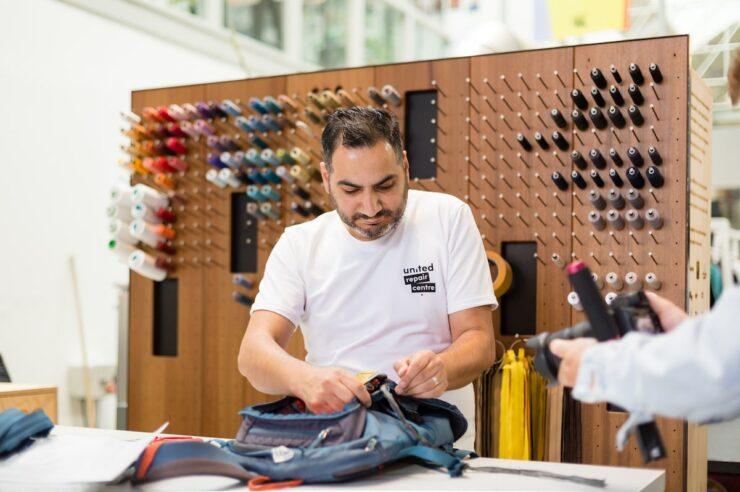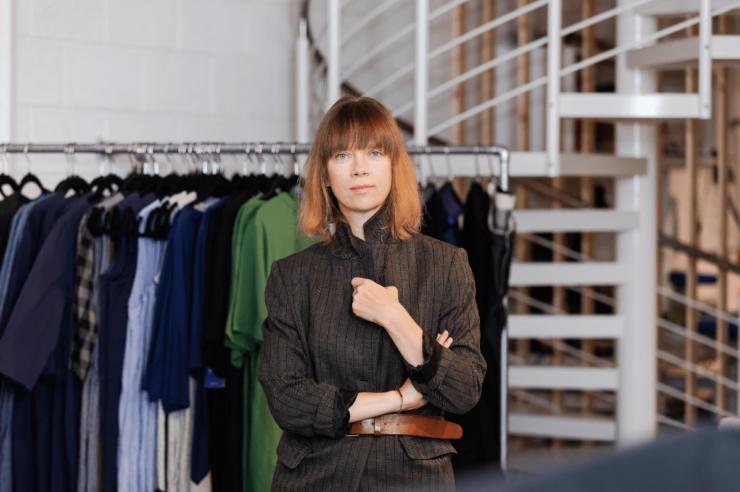We take a closer look at a laptop, phone and a vacuum cleaner that have been designed with a longer life in mind
The quick churn of technology is so accepted in today’s culture that you may not even question it. Your phone’s feeling a bit tired? Upgrade o’clock. Your washing machine is labouring over its loads a bit these days? Time to dump and replace.
We could all do with thinking outside the (brand new) box a bit more, sure, but the responsibility shouldn’t lie entirely with us as tech-users. A thoroughly ingrained throwaway culture in cahoots with our advert-addled media, plus just how brain-bogglingly difficult and downright expensive manufacturers often make it to fix these sorts of items, makes resisting the constant calls to upgrade a serious challenge.
But now, a new generation of tech is coming on to the market that may just help us do things differently. Rather than pumping out the latest slightly different model ad nauseum, they’re coming up devices via a more thoughtful process. Their products are designed to be dismantled and repaired or upgraded – and by users themselves rather than by a costly expert.
Some come, for now, with a challenging price point, but legislation that the EU is currently considering about the repairability of products suggests that even the big brands will soon need to follow the leads of these forward-thinking upstarts.
We take a closer look at a laptop, phone and a vacuum cleaner that have been designed with a longer life in mind.
Framework laptops
Framework make the most upgradable, customisable and fixable laptop on the market. From the outside, its Laptop 13 looks much like other premium machines – it’s as sleek and as light as a MacBook Air – but the internal modular design means you can swap and replace all the main components yourself. They’re clearly labelled with QR codes that link to information and how-to guides, and a nifty expansion card system means you can chop and change ports and extra storage in seconds. A build-your-own DIY version starts at £849. A more powerful Laptop 16 equipped with a beefier graphics module is the works for creatives and gamers.
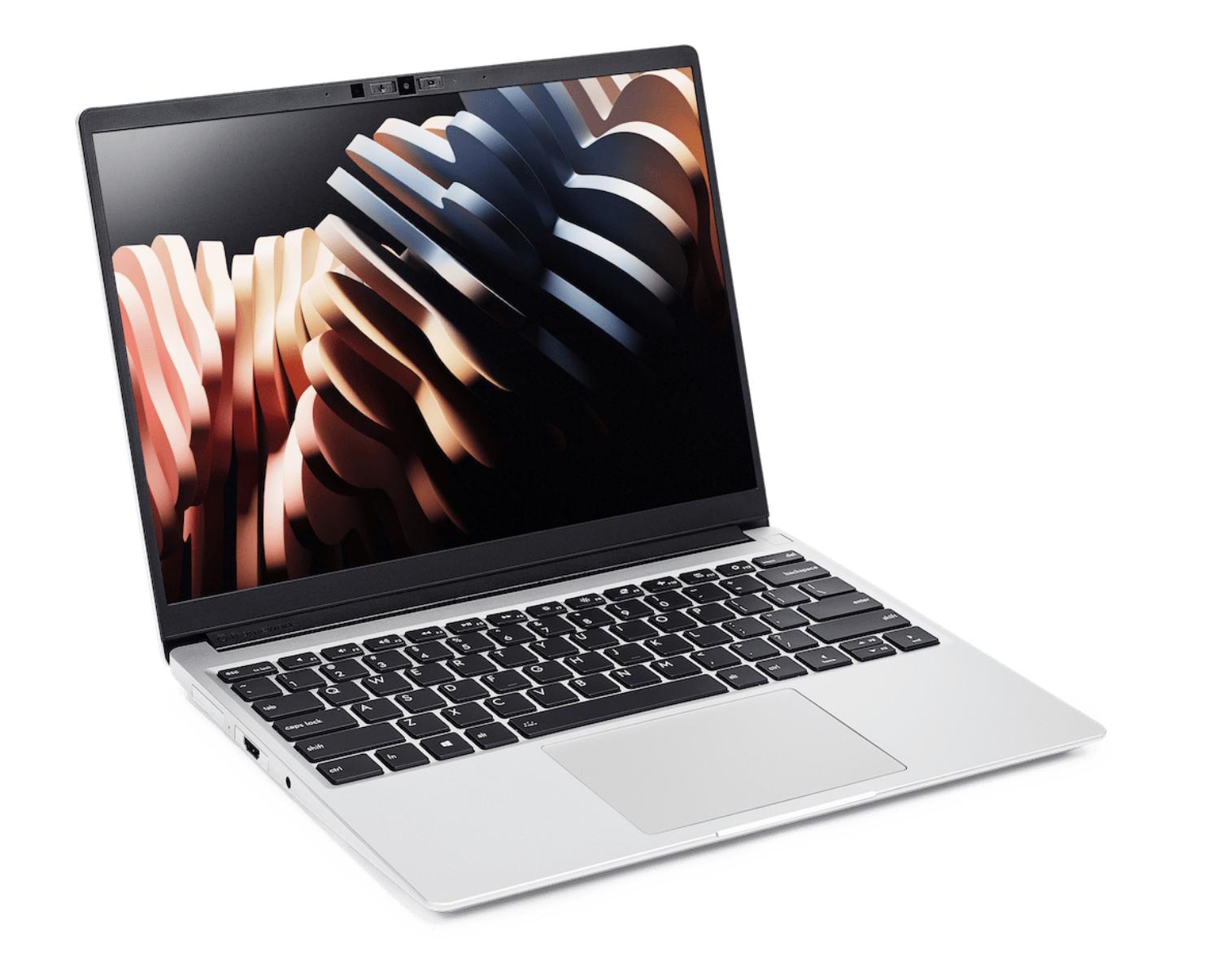
Framework's modular design means you can replace the main components yourself. Image: Framework Computer Inc
Shift phones
Those at German brand Shift aim to embed sustainability into their smartphones, from their choice of resource-conserving materials through to their ‘service deposit’ scheme, which refunds customers who return even severely damaged phones. Instead of simply binning them, Shift strips them down to salvage usable components, even recycling their plastic cases to make new phones. But the idea is that you’ll never need to go that far: Shift’s modular design means parts and batteries can be easily replaced without the need for specialist tools, and the company maintains easy-to-follow repair videos on YouTube. The firm is spearheaded by brothers Carsten and Samuel Waldeck (pictured top). If you take them at their word, they’re hot on ethical working conditions and fair pay, too.
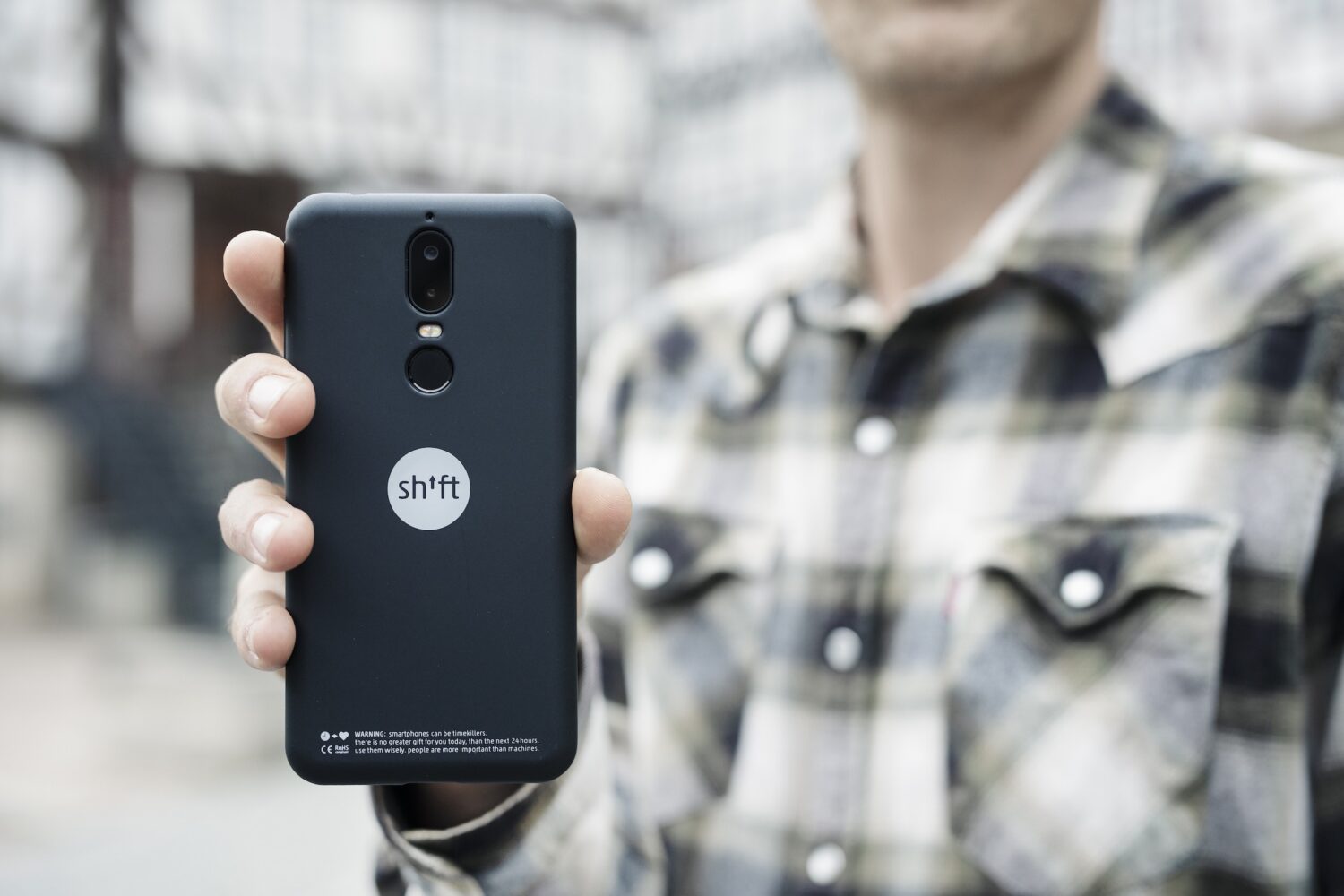
Shift’s modular design means parts and batteries can be easily replaced without specialist tools. Image: Shift
Lupe vacuum cleaners
The £599 price tag might induce a sharp intake of breath to rival its suction power, but Lupe’s Pure cordless vacuum cleaner is built to last from recyclable plastic. Parts are also designed to be removable and replaceable. The brains behind this Bristol-based outfit come from excellent home appliance pedigree: they worked in research and development for Dyson before embarking on their own mission to clean up the cleaning industry. “You don’t throw your whole bicycle away if you want to upgrade a wheel or fit a new tyre – we take that approach to vacuum cleaners,” they say.
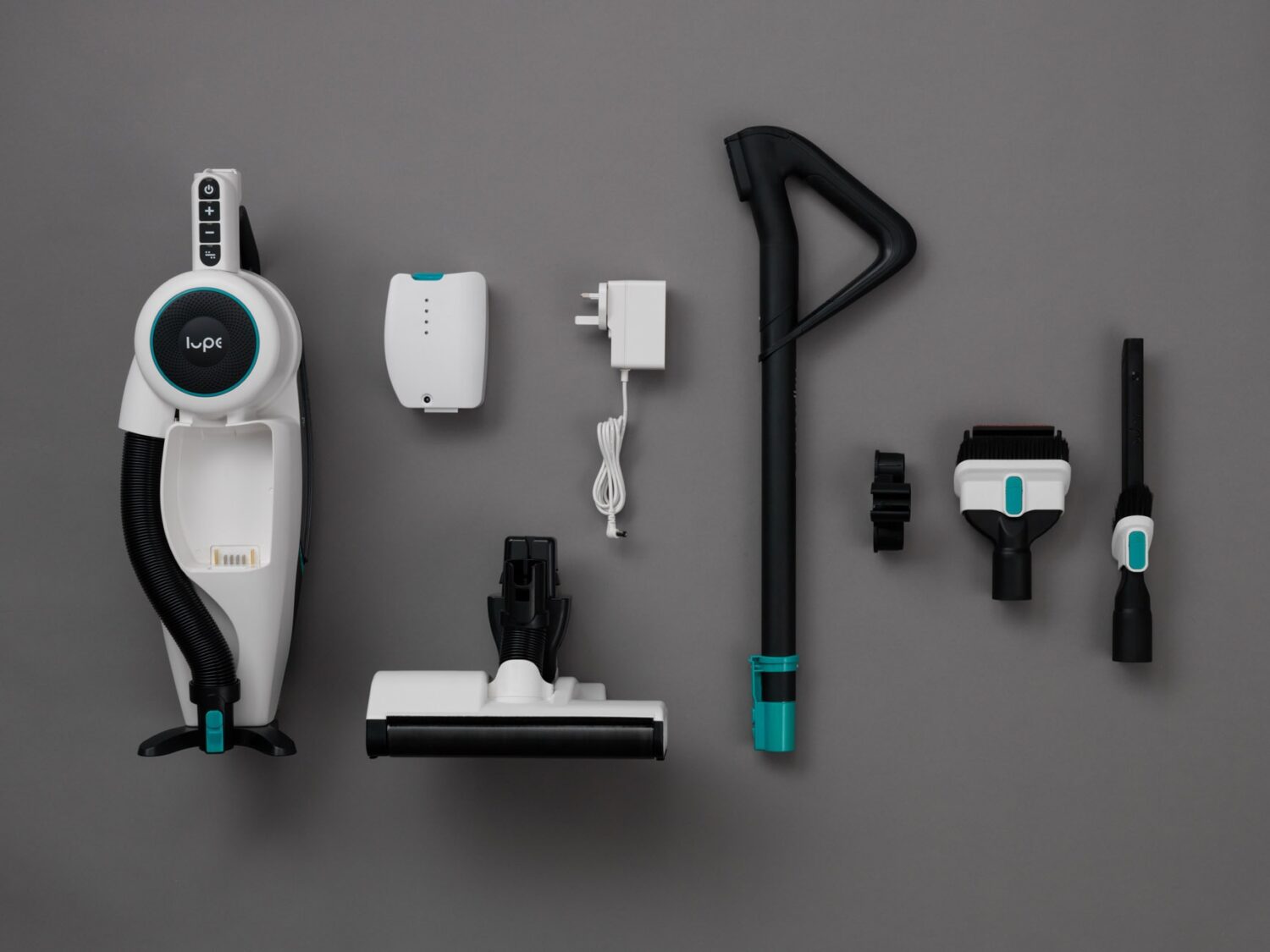
Lupe’s Pure cordless vacuum cleaner is built to last from recyclable plastic. Image: Lupe Technology Inc
Main image: Brothers Carsten and Samuel Waldeck, the brains behind Shift phones. Credit: Shift
You’re the solution that Positive News needs
Our small, dedicated team is passionate about building a better alternative to the negative news media. And there’s never been a greater urgency to our mission.
But to invest in producing all the solutions journalism that the world is longing for, we need funding. And because we work in your interests – not those of a wealthy media mogul or corporate owner – we’re asking readers like you to get behind our team, by making a regular contribution as a Positive News supporter.
Give once from just £1, or join 1,200+ others who contribute an average of £3 or more per month.
Join our community today, and together, we’ll change the news for good.



